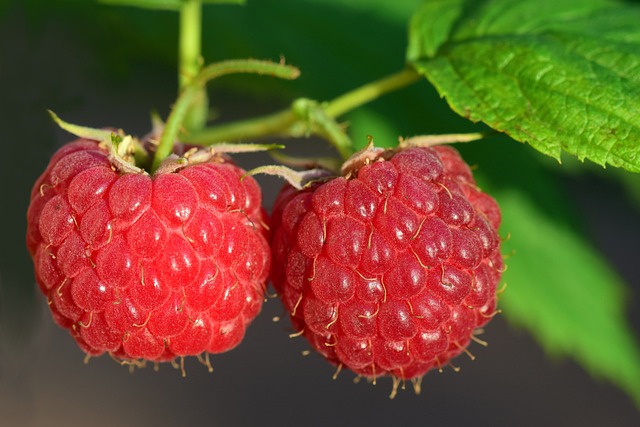Probiotics 101: The Science Behind the Miraculous Microbes
Probiotics have gained immense popularity in recent years, with many people incorporating these “miraculous microbes” into their daily routine. But what exactly are probiotics, and what is the science behind their health benefits? In this article, we will delve into the world of probiotics, exploring their origins, functions, and potential therapeutic applications.
Understanding Probiotics
In simple terms, probiotics are live microorganisms that, when consumed in adequate amounts, confer health benefits on the host. These microorganisms are predominantly bacteria, but can also include certain yeasts. While the human body naturally contains trillions of microbes, including both beneficial and harmful ones, probiotics help maintain a healthy microbial balance.
The most common types of probiotics are lactobacilli and bifidobacteria, which are naturally found in fermented foods like yogurt and sauerkraut. Probiotics can also be consumed in the form of supplements, typically in the form of capsules, powders, or liquids.
How Do Probiotics Work?
Probiotics work by colonizing the gut and modulating the composition of the gut microbiota, thereby regulating various physiological processes. They promote a healthy digestive system by enhancing the breakdown and absorption of nutrients, producing essential vitamins and short-chain fatty acids, and stimulating the production of digestive enzymes.
Furthermore, probiotics compete with harmful bacteria for space and resources in the gut, preventing their overgrowth. They also stimulate the immune system, enhancing the body’s defense mechanism against pathogens. Additionally, certain strains of probiotics have been shown to exhibit antimicrobial properties, directly inhibiting the growth of harmful bacteria.
Health Benefits of Probiotics
The consumption of probiotics has been associated with a wide range of health benefits. Here are some of the most notable ones:
- Improved Digestive Health: Probiotics help alleviate various digestive disorders, such as diarrhea, irritable bowel syndrome (IBS), and inflammatory bowel diseases (IBD) like Crohn’s disease and ulcerative colitis.
- Enhanced Immune Function: By interacting with immune cells in the gut, probiotics strengthen the immune system, reducing the risk of respiratory tract infections and allergies.
- Better Mental Health: Emerging research suggests a link between gut health and mental health. Probiotics may help improve mood, reduce symptoms of depression and anxiety, and enhance cognitive function.
- Support for Weight Management: Certain strains of probiotics have been associated with weight loss and the prevention of obesity by influencing gut hormones related to appetite and calorie absorption.
- Prevention of Antibiotic-Associated Diarrhea: Antibiotics can disrupt the natural balance of gut bacteria, leading to diarrhea. Probiotics can help restore this balance and reduce the risk of antibiotic-associated diarrhea.
The Future of Probiotics
As research in the field of microbiome continues to advance, the future of probiotics seems promising. Scientists are exploring the potential of probiotics in various areas, including:
- Management of Allergies: Probiotics may play a role in preventing and managing allergies, such as eczema, asthma, and hay fever.
- Cardiovascular Health: Preliminary studies suggest that certain probiotics can help reduce blood pressure and lower cholesterol levels, promoting heart health.
- Brain Function and Neurological Disorders: Researchers are studying the gut-brain axis and the impact of probiotics on neurological conditions like Parkinson’s disease, Alzheimer’s disease, and autism spectrum disorders.
Conclusion
Probiotics offer a fascinating avenue for promoting health and well-being. From improving digestion to enhancing immune function and potentially influencing mental health, these tiny microorganisms have a significant impact on our overall well-being. As the scientific understanding of probiotics continues to evolve, we can expect more targeted and personalized probiotic therapies in the future.
So, whether you choose to include probiotic-rich foods in your diet or opt for supplements, harness the power of these miraculous microbes and give your gut health a boost!







